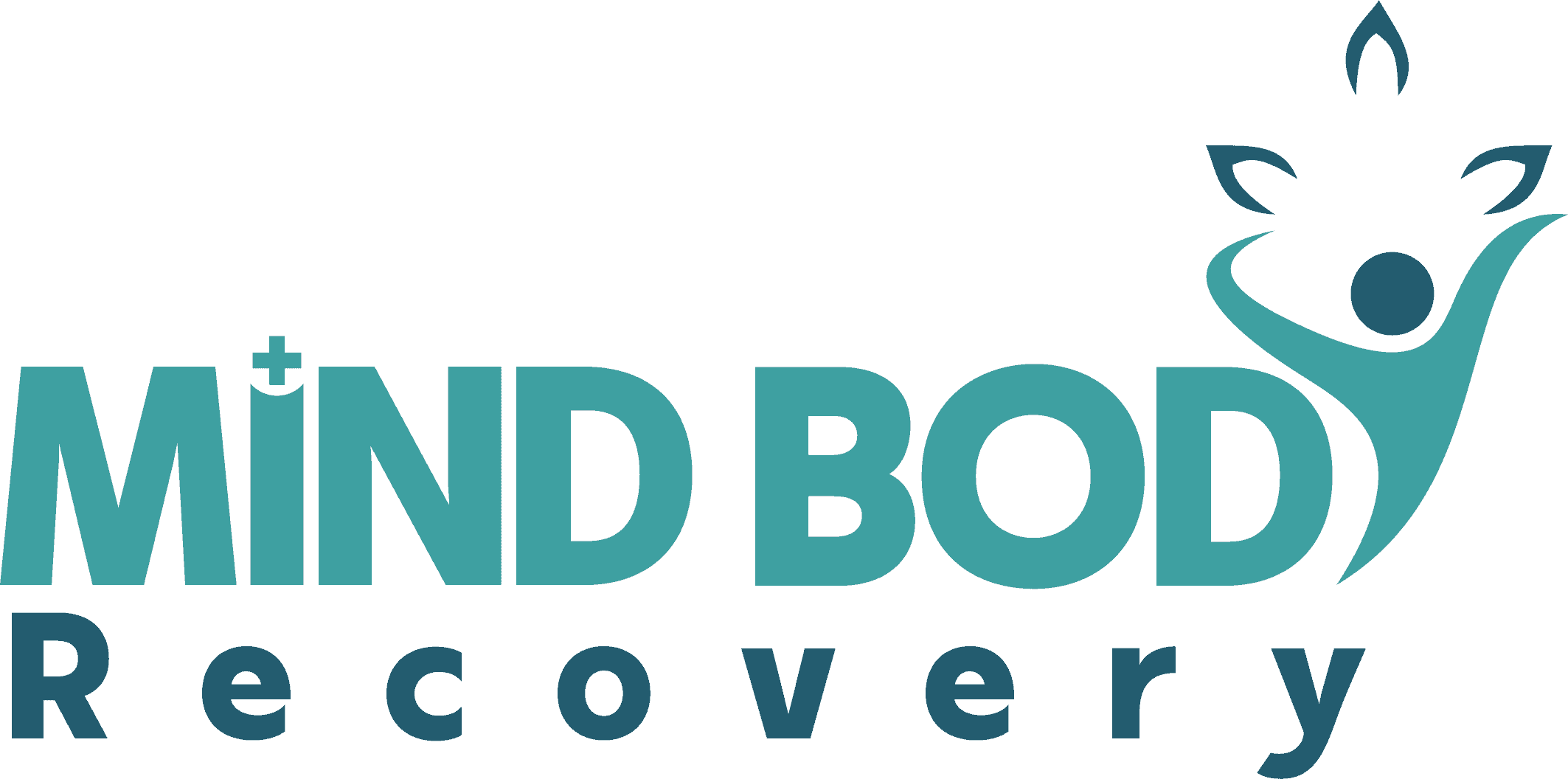We all become conditioned to respond to repetitious acts, such as Pavlov’s dog, who salivated every time he heard the bell ring, weather he was actually fed or not.
When you experience a traumatic event or a series of repetitious acts that conditions you with a negative reaction, we call that PTSD, or post traumatic stress disorder, much like the soldier who gets a panic attack every time he hears a loud pop that sounds remotely like gunfire. But PTSD is not just for soldiers- many addicts complain of having it as well.
PTSD is a mental health condition that’s triggered by a terrifying event or events — either experiencing it or witnessing it. Being the mother of a young woman who battled heroin addiction for some years, you can imagine I got a variety of frightening phone calls from my daughter or about my daughter. I attribute the terror I still feel when the phone rings, to be PTSD. When I consider my daughter and the journey she has been on, I wonder what her PTSD is.
It is natural to feel afraid when in danger, and in a ‘well’ person the ‘fight or flight’ response is a healthy reaction meant to protect a person from harm. But with PTSD, this reaction is changed or damaged, and fear and stress might be felt, even when they, or their loved one, is no longer in danger.
Conventional treatments for PTSD include antidepressant drugs like Paxil or Zoloft which come with side effects such as suicidal thoughts (go figure), and talk therapy including cognitive restructuring, exposure therapy, and stress inoculation therapy, but there is no known ‘cure’. According to comprehensive research, the symptoms of PTSD really never go away, because of the profound psychological and physiological reactions we experience during a trauma. Traumatic events can’t be completely undone, (although they can be diminished in the mind). Some of the symptoms of PTSD that are debilitating include flashbacks, frightening thoughts, emotional numbness and depression, sleeping disorders, overwhelming sadness, deep worry, lack of ability to concentrate, and uncontrolled outbursts of tears or anger, and persistent, intrusive, vivid memories or thoughts about the traumatic event or situation ( not to mention a multitude of possible physical aliments as well). Imagine trying to fight addiction along with having PTSD.
For those of you who prefer a more natural mode, Dr Larry Malerba, writes a compelling article in the Huffington Post about how homeopathy can serve to relinquish the condition of PTSD’s energetic hold on its victim. Fortunately for the veteran who benefited, Dr Malerba was right-on with his remedy selection. (Please note that the wrong remedy selection will not achieve the same positive result.)
http://www.huffingtonpost.com/larry-malerba/homeopathy-ptsd_b_1649398.html
And in keeping with natural healthcare, The following Bach flower remedies may also assist in easing some of the PTSD traumas:
Pine- This can help when feeling guilt, especially for things that are not your fault.
Star of Bethlehem- For overcoming trauma
White Chestnut- This helps with intrusive memories.
Willow-For when you have suffered adversity and find it difficult to accept.
